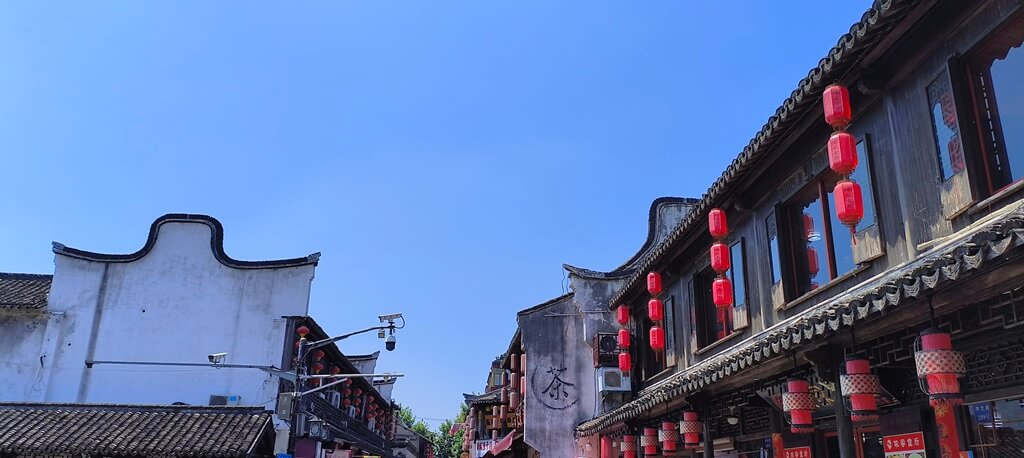In a bizarre twist of events, a high-end massage therapy session in a premium spa has led to a bill of only 10 yuan at a community hospital, an incident that has sparked debate and curiosity among the public. The case, titled Pricey Massage Therapy, 10 Yuan at Community Hospital, has garnered significant attention on 36氪 (36Kr), a prominent Chinese technology news platform.
The incident began when a client, seeking relaxation and rejuvenation, visited a high-end spa for a premium massage therapy session. The client, presumably a frequent user of such services, was expecting a high-quality, personalized experience. However, the story takes an unexpected turn when the client begins to experience unusual symptoms during the massage.
According to reports, the massage therapist, perhaps due to inexperience or negligence, applied excessive pressure, causing significant discomfort and pain to the client. The client, initially seeking relief, found themselves in a more challenging situation when the symptoms worsened, leading to a severe injury.
Panicked and in pain, the client was rushed to the nearest community hospital for immediate medical attention. Upon examination, the hospital staff determined that the symptoms were a direct result of the massage therapy session. The client was treated for soft tissue injuries, nerve damage, and other complications.
Surprisingly, despite the severity of the injuries and the need for specialized medical care, the community hospital issued a bill of only 10 yuan. The low cost has puzzled many, raising questions about the hospital’s billing practices and the nature of the injuries. Some speculate that the injuries might not have been as severe as initially thought, while others believe the hospital is attempting to avoid further scrutiny.
This incident has sparked a broader discussion on the quality of healthcare services in China, particularly in community hospitals. Many are questioning whether the hospital’s primary concern is patient care or financial gain. The case also highlights the potential risks associated with high-end massage therapies and the importance of proper training and regulation for massage therapists.
The community hospital’s response has been minimal, with no official statement yet released. Local authorities, however, have acknowledged the case and are conducting an investigation to determine the accuracy of the client’s claims and the hospital’s billing practices. They are also exploring the possibility of further action, including potential legal repercussions for the hospital and the massage therapist involved.
In the meantime, the incident has prompted a call for stricter regulations and better training for massage therapists. The Chinese government and relevant organizations are considering the need for more stringent guidelines to ensure the safety and quality of massage therapy services. This includes mandatory training programs, regular inspections, and clear reporting mechanisms for incidents of this nature.
As the case continues to unfold, it serves as a stark reminder of the importance of patient safety and the need for transparent and accountable healthcare practices. The public’s reaction to this incident reflects a growing awareness of the potential risks associated with certain medical and wellness services and a desire for greater oversight and protection.
The incident also underscores the complex dynamics between different levels of healthcare providers in China, from high-end spas to community hospitals. It highlights the need for a cohesive and integrated approach to healthcare regulation and service delivery, ensuring that patients receive the best possible care regardless of the setting.
In conclusion, the bizarre story of a high-end massage therapy session resulting in a 10-yuan bill at a community hospital has brought to light important issues in the healthcare sector. As the investigation continues, it is hoped that this incident will lead to meaningful reforms and improvements in the quality and safety of massage therapy services in China.
Views: 0
